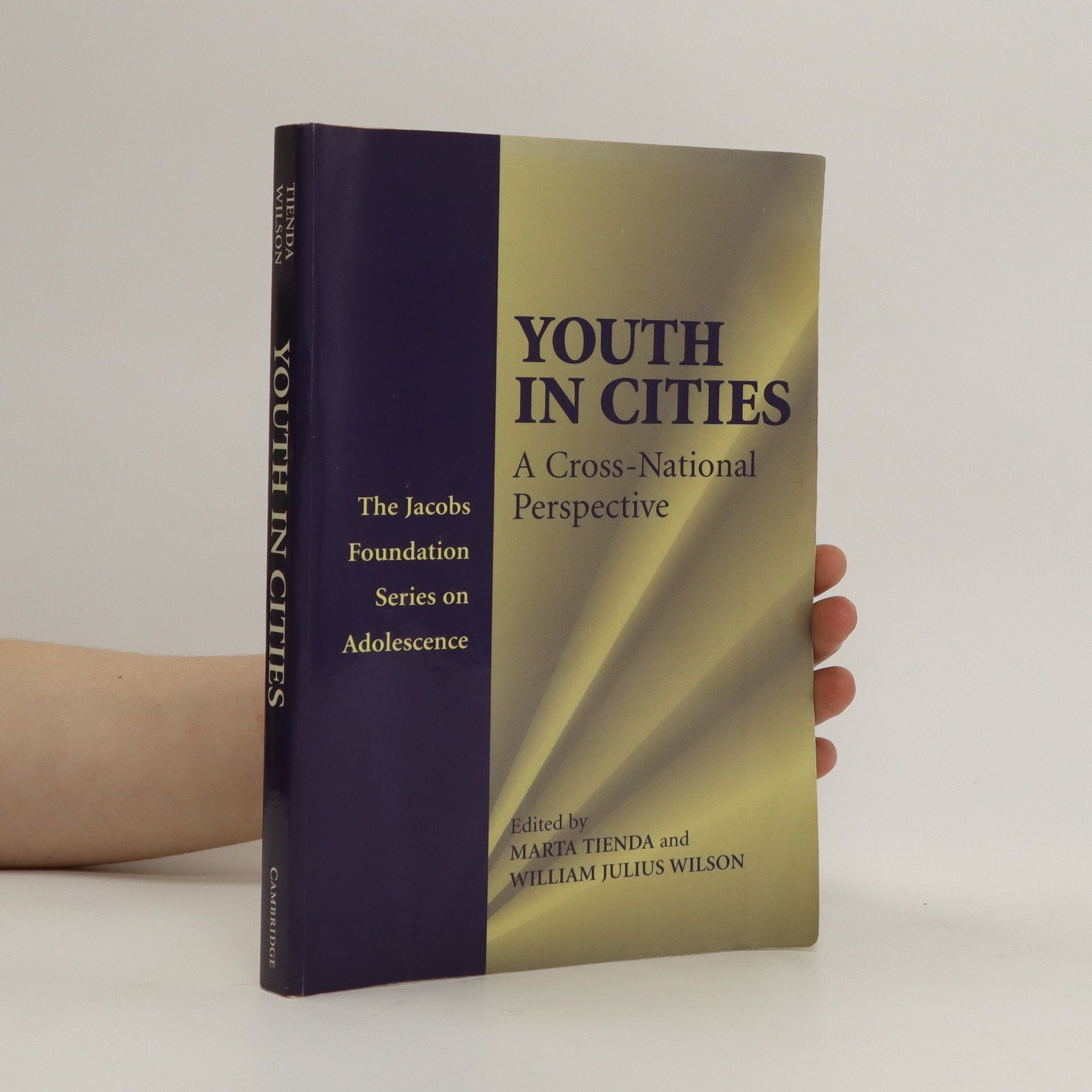Criminal Law
- 688pages
- 25 heures de lecture
This textbook provides a substantial survey of criminal law, covering key topic areas as well as extensive analysis and evaluation
William Julius Wilson s'impose comme une figure de proue et un pionnier de la sociologie afro-américaine. Son travail examine de manière critique les luttes des Afro-Américains pauvres en milieu urbain, en explorant comment l'interaction entre la classe socioéconomique et les barrières raciales entrave le progrès. Tout en soulignant l'importance de la classe, ses recherches ont suscité des débats sur leur potentiel à occulter l'impact de la race et de la discrimination. Les écrits influents de Wilson ont largement résonné, inspirant même d'importantes séries télévisées, soulignant leur profonde pertinence culturelle.


This textbook provides a substantial survey of criminal law, covering key topic areas as well as extensive analysis and evaluation
There is growing awareness of the common difficulties experienced by poor young people who grow up in cities--crime and juvenile delinquency, limited access to education, the spread of infectious diseases, homelessness, and high rates of unprotected sex. They must contend with weak families and social institutions, poor labor market prospects, and for the most unfortunate, the ravages of gang war and the HIV/AIDS epidemic. Chapters in this volume present and assess comparative evidence on the well-being of urban youth and proven interventions for assuaging the deleterious effects of poverty.